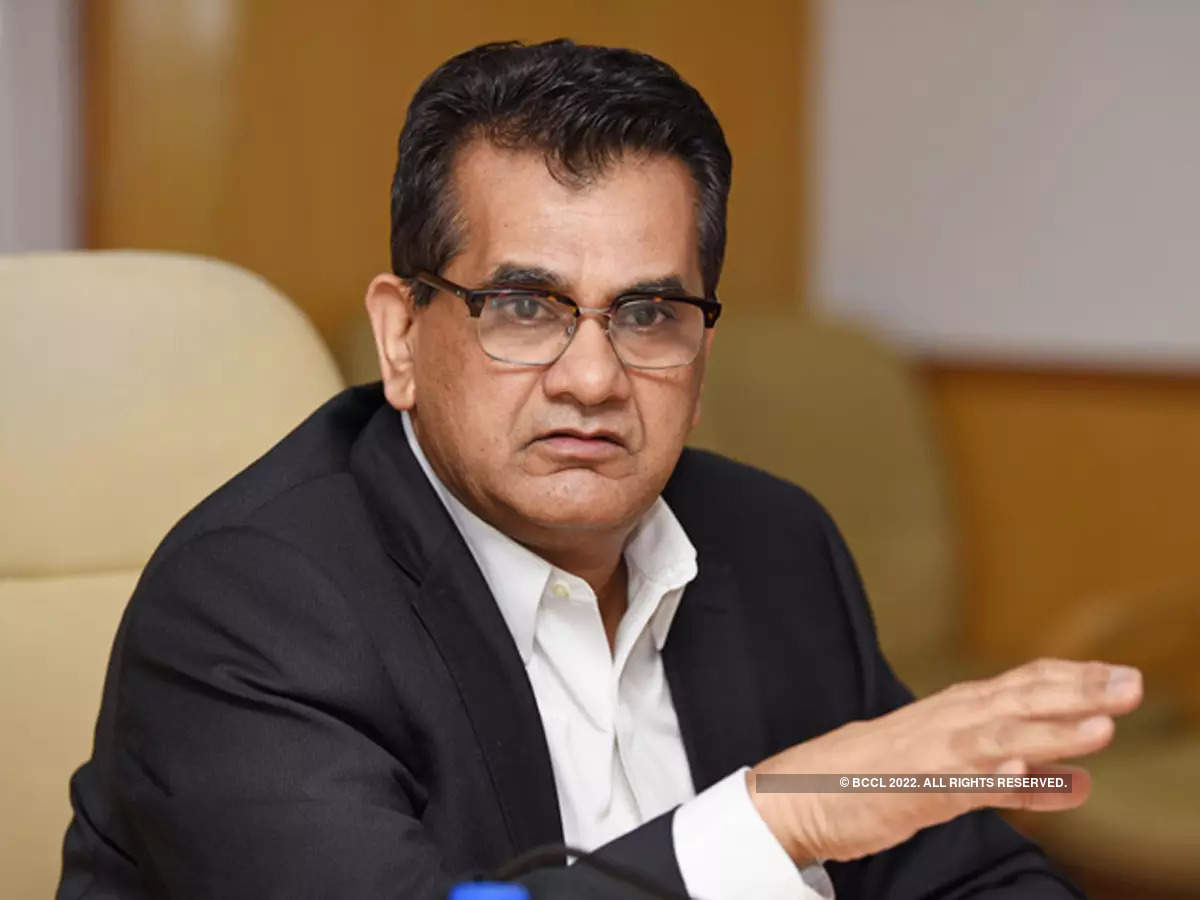India will highlight its digital-transformation journey at the ongoing 17th G20 summit in Bali, Indonesia, with particular emphasis on the strides made in public digital infrastructure.
Talking exclusively to Economic Times Online on the sidelines of the summit, India’s G20 Sherpa Amitabh Kant said India has built a unique model of digital transformation based on public digital infrastructure. “This has demonstrated that India has achieved in six to seven years what it could not have achieved in 50 years. This is supported by a study by the Bank of International Settlements.”
Digital transformation is the key to make a significant impact on reaching sustainable development goals on poverty, education, health, and direct benefit transfer, he added.
According to Kant, going digital and going green are big opportunities. “There are 400 billion people in 400 countries who do not have a digital identity; 200 million people do not have a bank account; about 133 countries do not even have fast payments. So, this is a massive opportunity to use to transform the world,” he said.
Elaborating on the tools that represent India’s digital prowess, Kant said UPI is just one of them. “Aadhaar, Diksha, Swayam — it’s about all the public infrastructure that India has built up over the years. We built Ulip [Unified Logistics Interface Platform], we’re building ONDC [Open Network for Digital Commerce], and there is FASTag. India will talk about them [at the G20 summit] and take them to the world.”
Kant believes the recent disruption in global supply chains is an opportunity for India. “Global supply chains have been badly disrupted because they were largely concentrated in one country [China], which is going through slowed growth, is impacted by Covid-19, and is following a protectionist policy. Therefore, this is a massive opportunity not merely for India, but for many countries of the world.”
In this light, he mentioned the PLI scheme launched for 14 sectors, which provides incentives to companies exporting from India. “This is a huge opportunity to attract companies from all parts of the world and India is attempting to use the strength of PLI to build size and scale of manufacturing, which is badly missing in the country, to become an integral part of global supply chains,” he added.
He emphasised that this can be achieved only by becoming highly competitive and aiming to become the least-cost producer. That would also involve bringing about reforms to promote ease of doing business, Kant said.

